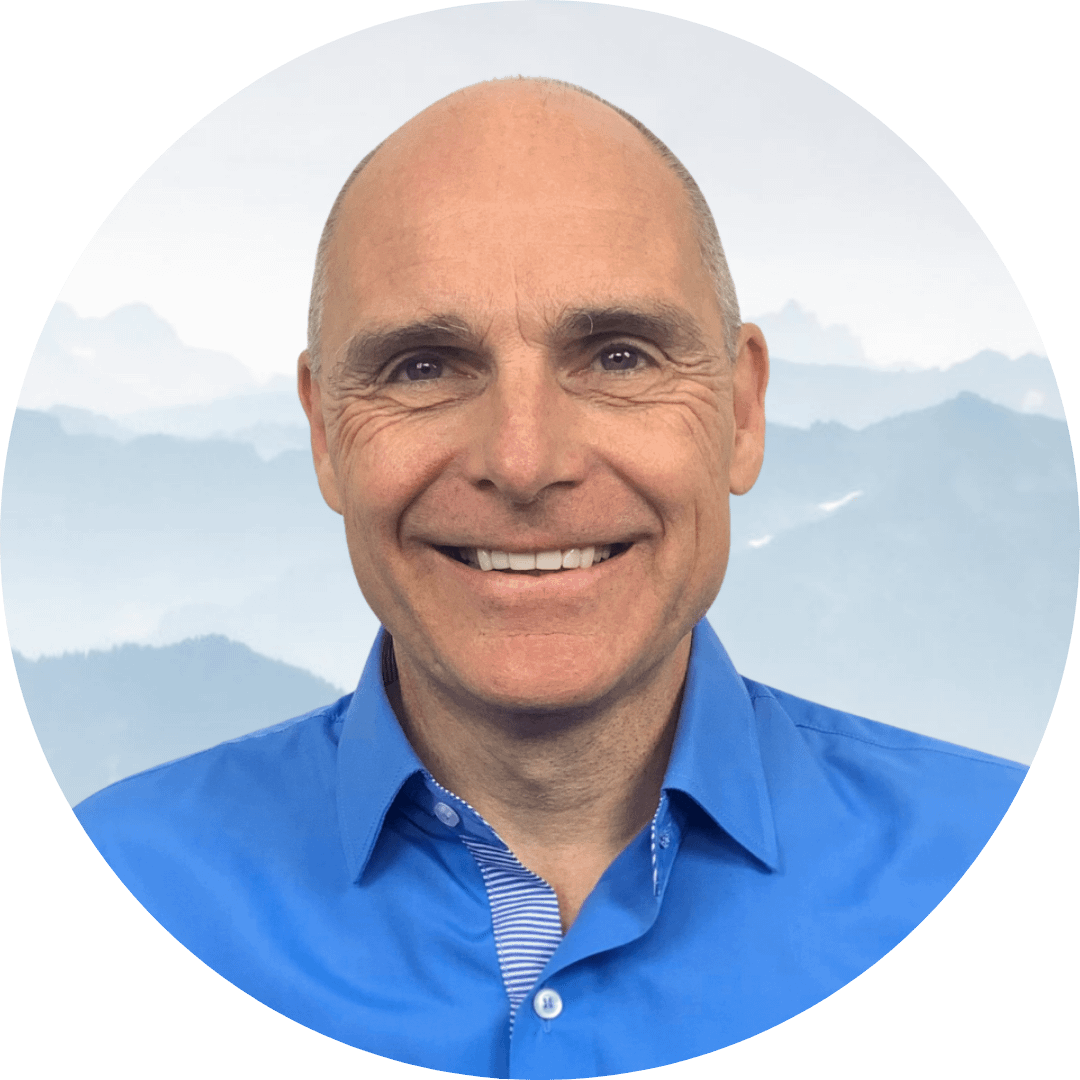A new era of personal growth
In the wake of unprecedented global changes following the pandemic, the concept of career development has transformed. Traditional notions of climbing a corporate ladder towards a singular end-goal role have given way to a more dynamic and personalised approach. Today, organisations are redefining career development strategies to align with the evolving needs and aspirations of their workforce, ushering in a new era of professional growth and fulfilment.
Kathleen McCudden, Chief People & Culture Officer at SEEK, emphasises the importance of this shift, stating, "The aspiration for an increasing number of professionals is less about an ‘end-goal role’ and more about the desire for autonomy or flexibility that allows for fulfilment and optimal work-life balance."


Changing priorities
One of the pivotal shifts driving this evolution is the changing priorities of employees.
The pandemic has highlighted the importance of work-life balance and flexibility, leading workers to prioritise autonomy and well-being. As a result, organisations are moving away from rigid career paths and embracing more flexible career trajectories. This includes providing opportunities for cross-functional skill development, allowing employees to explore diverse roles, and supporting interests outside of traditional job responsibilities.
On-the-job skills development
Central to this redefined approach is the emphasis on on-the-job skill development and coaching.
Rather than focusing solely on vertical progression, organisations are investing in mentorship programs, continuous learning initiatives, and skill-building workshops. By empowering employees to acquire new competencies and stay relevant in a rapidly evolving landscape, companies are not only enhancing individual growth but also future proofing their talent pool.


Career diversity
One of the pivotal shifts driving this evolution is the changing priorities of employees.
The pandemic has highlighted the importance of work-life balance and flexibility, leading workers to prioritise autonomy and well-being. As a result, organisations are moving away from rigid career paths and embracing more flexible career trajectories. This includes providing opportunities for cross-functional skill development, allowing employees to explore diverse roles, and supporting interests outside of traditional job responsibilities.
Culture & engagement
The impact of redefined career development extends beyond individual growth—it influences organisational culture and employee engagement.
A culture that prioritises continuous learning, personal development, and career exploration fosters a positive work environment where employees feel valued, motivated, and invested in the company's success. This, in turn, enhances employee retention rates and contributes to a stronger employer brand.


Adapt & innovate
In summary, as organisations navigate the complexities of a rapidly changing world, the need to adapt and innovate in career development strategies becomes key.
By embracing flexibility, personalised growth opportunities, and a culture of continuous learning, businesses can not only meet the evolving expectations of their workforce but also drive sustainable success in the modern workplace.

What are your thoughts?
I'd love to have a conversation with you about this topic - please leave a comment below if you have any thoughts or opinions 🙂
Christian Madsen
Managing Director of 11 Recruitment
